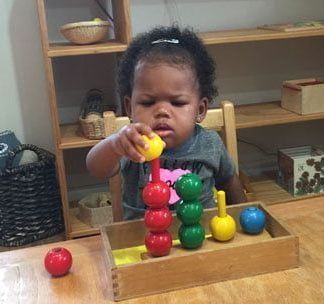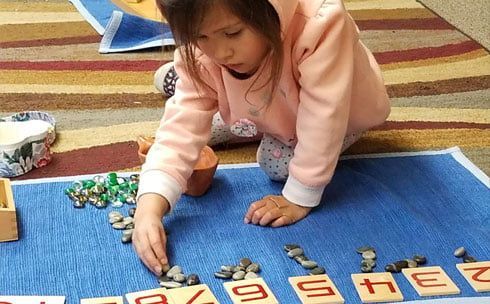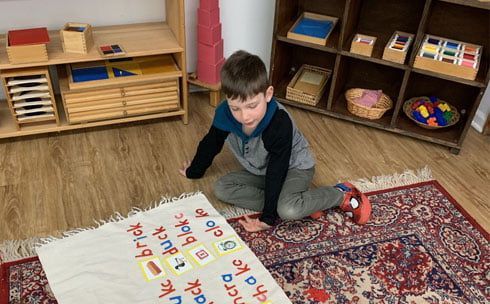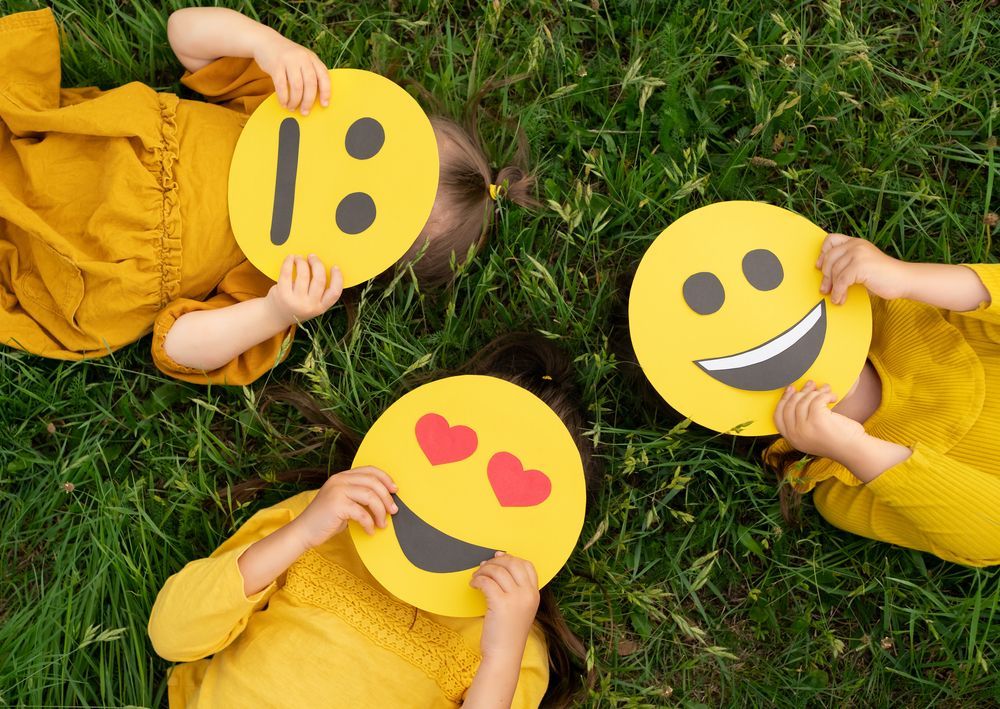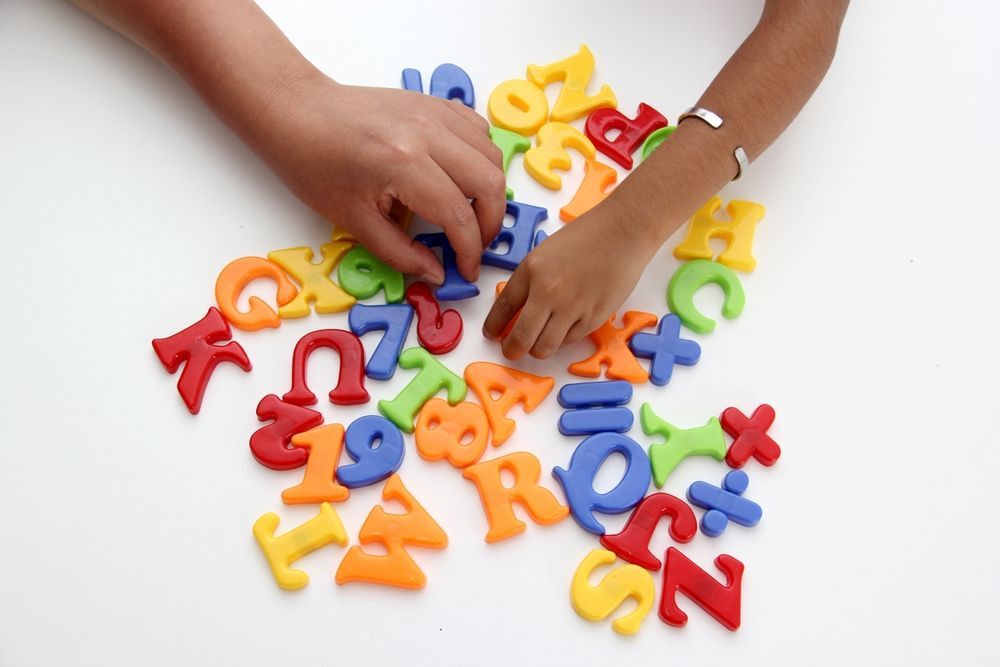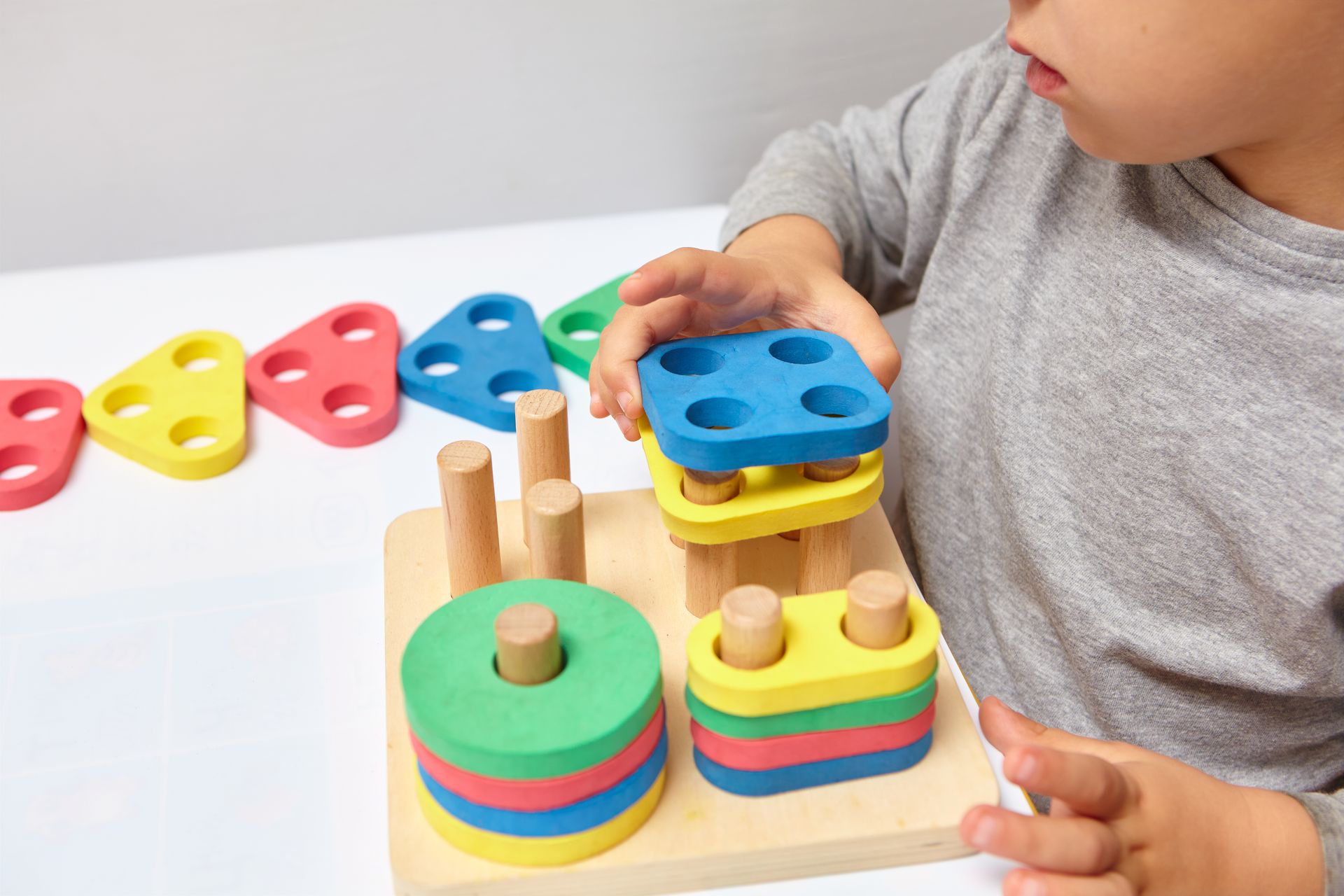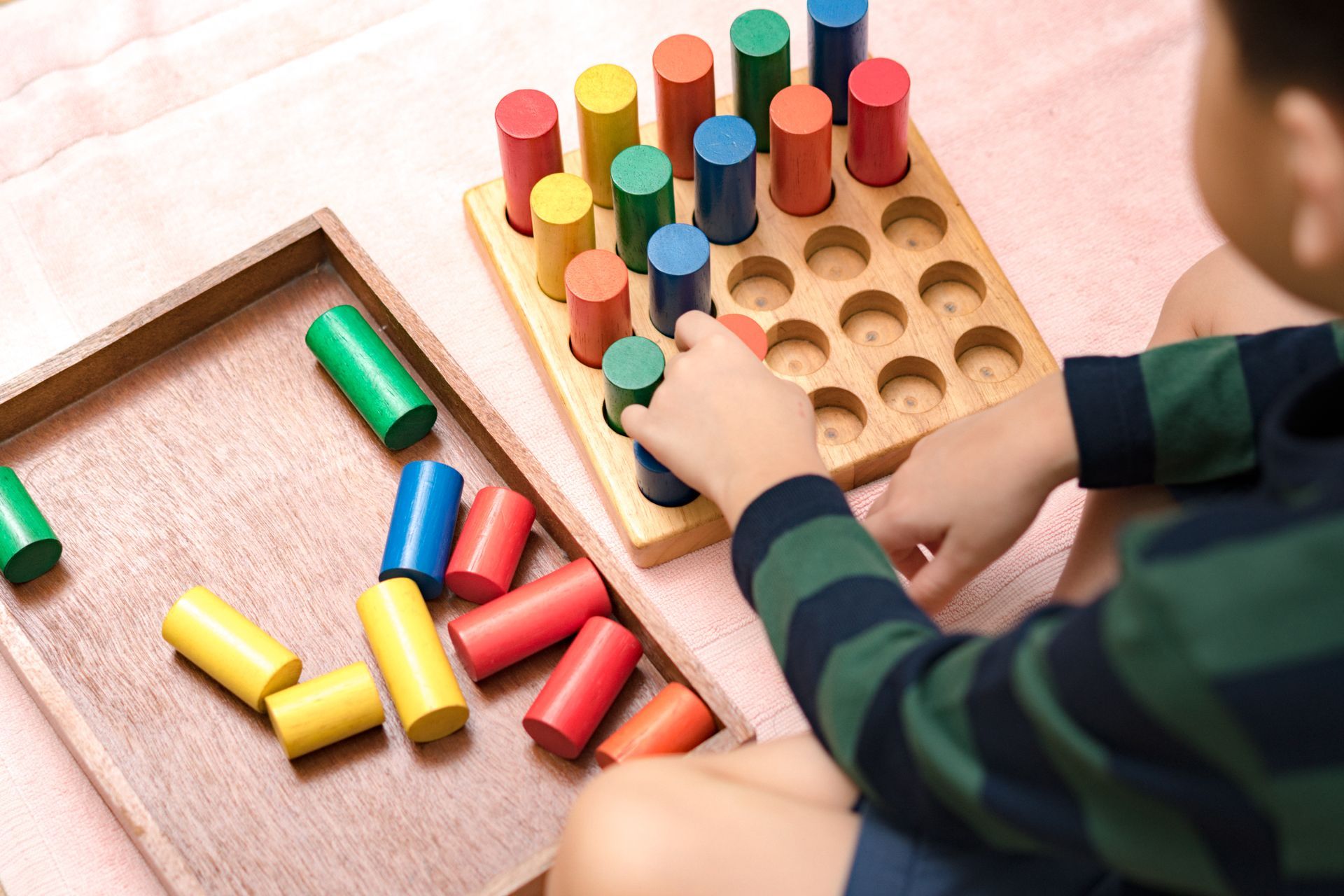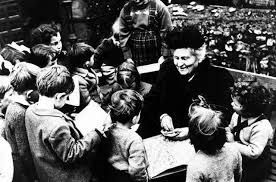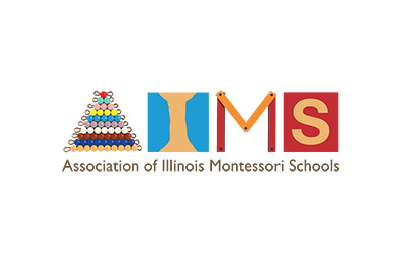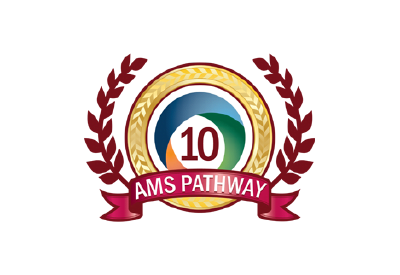Dollar Tree Montessori: Using Everyday Items with Purpose
Share this Article:

Having endured the brunt of the nation’s social distancing order, have you considered how much more of an educational experience your toddler could have outside of their time spent in the classroom? While home for the weekend or an extended period, it is beneficial to apply Montessori methods beyond the classroom .
Are you wondering how to accomplish such without owning strategically-crafted Montessori learning tools? Fortunately, you can successfully utilize Montessori on a budget. In the content below, we discuss how Dollar Tree or everyday Montessori items can be utilized with purpose and educational intent. Furthermore, we explore budget items to incorporate into your child’s Montessori learning at home.
Montessori: An Overview
Are you wondering what a Montessori School teaches ? The Montessori method practices self-directed activity, hands-on learning, and collaborative play. As a result, children in a Montessori environment are encouraged to be creative in learning, teaching students to learn independently and through their own nature.
Dollar Tree Montessori: 4 Free Montessori Activities
If scrolling through picturesquePinterest images of playrooms full of expensive , wooden toys, don’t think that this is the only way to do Montessori learning. After comparing a (sometimes staged) child’s area with your current playroom, do not feel discouraged in your attempts to apply the Montessori method beyond the classroom.
Remember, Montessori learning encourages creativity and learning through one’s own nature. As a result, your toddler can adapt to different learning environments while still practicing the Montessori method. Furthermore, you can create a Montessori educational experience for your child without spending large sums of money.
Below are four common Montessori activities that cost you nothing out of pocket and work well with social distancing recommendations during any times of seasonal illness.
Nature Walks
As the seasons change, your toddler may wish to play outside more often. By incorporating a weather-permitted nature walk into your daily or weekly schedule, your child can have a hands-on experience with our world’s ecosystem. When on your walk, challenge your child to find different types of leaves or identify different bug species. As a result, your child will begin looking at nature through an educational lens.
Make a Garden
Do you have a backyard garden or indoor plants? Encourage your child to help water plants and teach them why plants need water and other elements required for growth like dirt, sunlight, and oxygen. Additionally, as your child continually waters the plants over the course of a few weeks, they can feel the sense of accomplishment when flowers blossom and grow!
You don’t have to go to the store to buy seeds for your garden if finances are tight. Instead, the next time you prepare a meal with vegetables, show your toddler how you can save your vegetable scraps to re-grow in a garden .Your toddler can learn about the sustainability of our food resources while you practice Montessori on a budget.
Measure Ingredients in a Recipe
Although it requires extra patience as a parent, delegating certain cooking and food preparation tasks to your children is a great Montessori activity that is both free and productive. In the toddler years, children are beyond capable of washing assorted fruits and vegetables, buttering toast, mixing a bowl of flour or sugar, and much more. Therefore, incorporate how your toddler can practice Montessori learning through helping you make breakfast, lunch, or dessert!
Be sure to provide an easy way for your toddler to access the sink and wash their hands in between cooking and cleaning tasks. As your child excels at simpler tasks, begin assessing how else they can safely and successfully help you in the kitchen!
General Cleaning Opportunities
Toddlers are instinctively motivated to help parents perform household tasks and chores. Therefore, allow them to assist with any cleaning processes such as sweeping crumbs off the ground, wiping countertops, setting the table, and washing dishes. As a parent, be prepared for extra messes and have a large supply of hand towels or paper towels nearby!
Dollar Tree Montessori: 4 Learning Must-Haves
Naturally, children want to create and explore creative thinking. Throughout the toddler years, ages 3-6, your child will most commonly practice and refine his or her motor skills. However, your child will not know the difference between using hand-crafted, heirloom toys and craft components from discounted essentials.
Below, we explore four staple Montessori activities that will not break the bank.
Fine Motor Sorting
Sorting comes in multiple forms ranging in size and shape to color. As a result, by purchasing staple items such as colored pom poms, plastic straws (cut in various sizes), and pipe cleaners, you can begin practicing sorting exercises with your toddler.
Color Matching
As color matching is a fundamental cognitive developmental milestone for your toddler to work on, sorting items by shape, size, and color can be done with essentially any household items or bargain toys. From hair clips and magnets to straws and pipe cleaners, find bright, distinctly colored items for your child to sort.
Counting
The beauty of counting is that your toddler can use any items for this activity. Whether you gather pom-poms, coins, small rocks, or crackers, your child can practice their counting skills. (Of course, ensure the items chosen are safe for your child, according to age.) To better help your child sort and discern quantity, show them how to sort their items with cards and counters .
Learning the Alphabet
While the “Alphabet Song” allows your child to memorize the alphabet through auditory learning, using Montessori learning can help them understand how to identify each letter when written. Therefore, you can purchase alphabet stickers to label sorting items such as blocks, stones, or even paper cut-outs. Your toddler can begin practicing identifying letters, pronouncing their sounds, and even forming small, simple words. Additionally, you can begin teaching your toddler the difference between uppercase and lowercase letters. The possibilities are endless!
Montessori Learning Strategies with Mansio
At Mansio Montessori of Geneva , we are dedicated to preparing your toddler’s development with optimal learning environments that stimulate educational development both at home and in school.By tailoring the educational experience to each child, we inspire our students with a passion for learning.
If you want to learn more about our early childhood programs and what these may look like for your child, please contact us .
